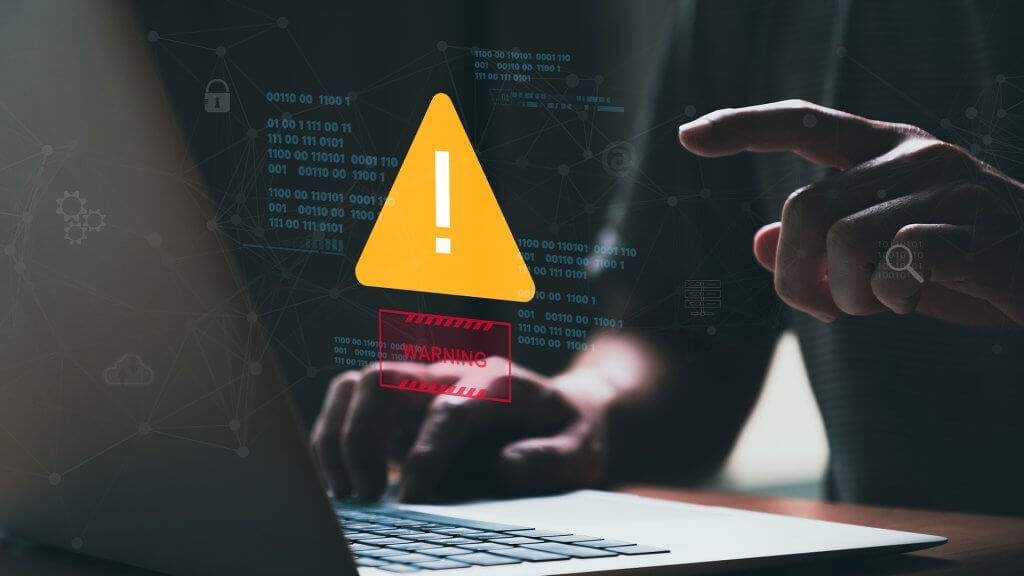The rapid growth of online media and content-sharing platforms like YouTube has revolutionized how content is created, distributed, and consumed. Alongside these advancements, YouTube converters allow users to download and convert videos into different formats.
Converters offer you a high level of accessibility but know that you’ll always face challenges with legal compliance and content regulation. Of course, this includes clashes with content creators and downloading their content without their approval.
In this article, we’ll dive deeper into learning more about how you can enhance legal compliance and what the role of YouTube converts is in content regulation.
The popularity of YouTube converters
YouTube video-to-text converters are a popular option for internet users, and there are many reasons behind it. Here are the main reasons why most internet users choose to use them.
You have free access to billions of podcasts and songs
What’s better than getting something for free? There is none! Paying to listen to your favorite song or podcast is not something fun to do when you are undergoing financial issues. You should have the right to listen to anything you want, right? This is the case with YouTube converters because they give users free access to content.
On top of that, to download a video means you will have offline access and format flexibility for your favorites.
The truth of overcoming ethical and legal concerns
In an age where information and entertainment are easily accessible, YouTube is one of the most popular platforms for streaming music, videos, podcasts, and more. According to Statista’s latest reports, 500 video hours are uploaded to YouTube every minute.
With this extreme rise in videos uploaded, users have started to consider YouTube converters a lot, but there is also a rise in ethical and legal concerns. However, there This includes the following:
YouTube hasn’t really sued anyone for converting videos in the past eight years
Many YouTube converters are being criticized for their copyright concerns. If you go and read YouTube’s terms of service, it claims that they prohibit downloading videos without the permission of content creators.
However, YouTube hasn’t really sued anyone for this for the past 8 years, especially those who are using YouTube converters for personal use.
Copyright laws are what protect the rights of content creators, which includes musicians, artists, and others, by granting them the right to their creations.
The solution to content regulation with YouTube converters
Strict copyright laws
The use of copyrighted work depends on copyright laws and the country of original and international copyright conventions that are adopted into a global economy. The key to content regulation is modernizing copyright laws and this is granting creators the ability to have exclusive rights to:
- Reproduce work
- Create derivative works
- Distribute copies of the work
- Perform the work publicly
- Publicly display the work
This allows all copyright owners to control how their work is being used. Many legislators are strengthening copyright laws to address all issues that digital tools like YouTube converters are possessing. The most common practices to address these issues include:
- Clear definition of fair use: Fair use includes permitting limited use of copyrighted material such as criticism, commentary, teaching, research, and news reporting. It’s always classified on a case-by-case basis. These choices are based on the interest of education and free speech.
- Fines and penalties: All users who download content without authorization that are caught will be fined or face other penalties. Many times, YouTube converters used for personal use as many users do won’t result in fines, but you can run into issues much more easily when it’s done for commercial purposes.
While YouTube converters are great to use, legislators are taking measures to implement strict copyright laws and make sure that all exclusive rights are given to creators.
Platform policies and Digital Rights Management (DRM)
YouTube’s terms of service claim that content creators have all ownership rights to their content.
While YouTube doesn’t take many measures when it comes to using YouTube converters for personal use, some countries are banning piracy altogether. However, YouTube is offering a solution to this by offering subscription services that allow users to download videos legally.
On the other hand, you have Digital rights management (DRM), which is the use of technology for controlling and managing access to copyrighted material. While content creators are backed up by YouTube’s terms of service and copyright laws, DRM can help in monitoring the internet by preventing illegal activities, which include digital content from being stolen.
DRM uses codes that prohibit content from being copied or limit the number of devices that a product can be accessed from. Content creators can encrypt their digital media, which will only allow people with the decryption key to access it.
Promote legal alternatives
Legal alternatives offer two options when it comes to downloading and accessing content, which are best done by subscribing to YouTube’s services or purchasing the content.
YouTube Premium gives users much more freedom in downloading content legally and is free for the first month. The basic plan starts at $8.49 per month, and YouTube mentions that you get Music ad-free, offline, and in the background. This means that if you want to access all content legally, you’ll pay a monthly subscription for it.
The future of content regulation and YouTube converters
While YouTube converters have brought many challenges for content creators, there’s always a way to increase legal compliance and many governments and organizations are actually doing so.
They are highly popular and do offer lots of flexibility and other benefits. Platform policies, educational content, and other practices can help in increasing legal compliance and making sure that content creators are protected at the maximum level.
About The Author:
Tony Ademi is a freelance SEO content and copywriter. He has been in the writing industry for three years and has managed to write hundreds of SEO-optimized articles. Tony’s primary concern when writing is to do extensive research and ensure that the reader is engaged.



















